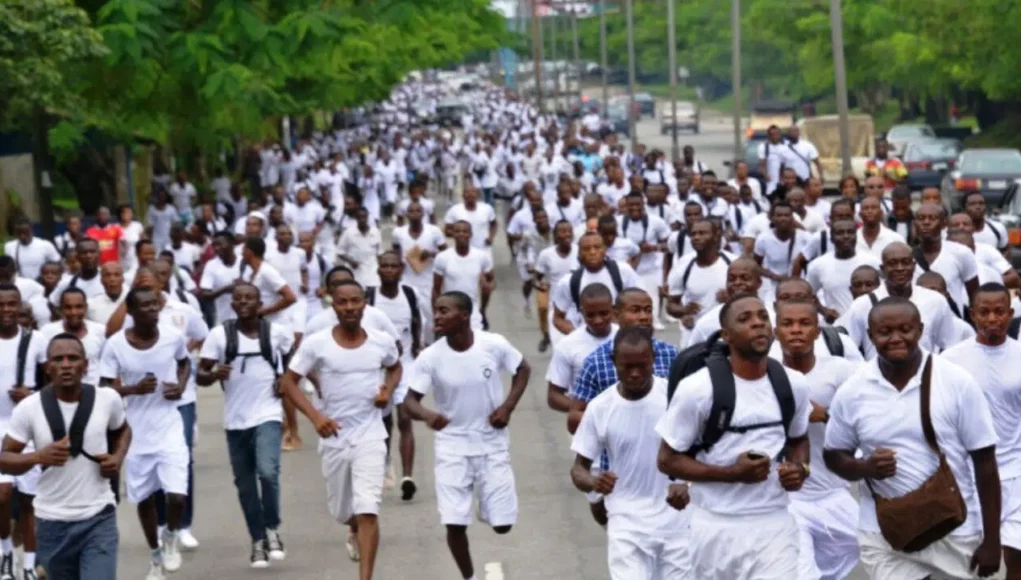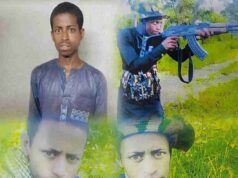The Police Service Commission has said that due to the ongoing Muslim Ramadan fast and the Christian lenten period, the date for the medical screening/examination of candidates for police recruitment into the constable cadre of the Nigeria Police Force has been rescheduled to commence on Tuesday, April 16th, 2024, to allow for the conclusion of these religious obligations.
A statement by spokesman, Ikechukwu Ani said, “The screening is expected to last for two weeks and will signal the successful conclusion of the exercise.
“Specialist applicants who participated in the physical and credentials screening but were not involved in the JAMB-conducted computer-based tests will also be subjected to practical tests and medical screening during the period.
“The exercises are expected to hold in the 17 Zonal Command Headquarters of the Nigeria Police Force and in Kaduna, Yobe, and Zamfara states, which have been accorded special consideration because of the security challenges in those states.
“Candidates from these states are to do the screening and practical tests in their states of origin.
“Police colleges situated in states hosting the Zonal Command Headquarters will also provide venues for the exercises.
“The Police Recruitment Board will contact shortlisted candidates with detailed information on where and when they are expected to arrive venues of their screening.
“Successful candidates from the medical screening will proceed to Police colleges for their mandatory training.
“The Chairman of the Police Service Commission and National Coordinator of the Recruitment Exercise, Dr Solomon Arase, retired Inspector General of Police, has expressed his happiness that at last, the exercise is successfully coming to an end with more “boots ready to be injected into the system to join the battle to sanitize the security space.”
He assured that the new recruits have been painstakingly selected in the best possible processes that meet international standards and our local and peculiar challenges.
He assured that the new recruits have been painstakingly selected in the best possible processes that meet international standards and our local and peculiar challenges.









